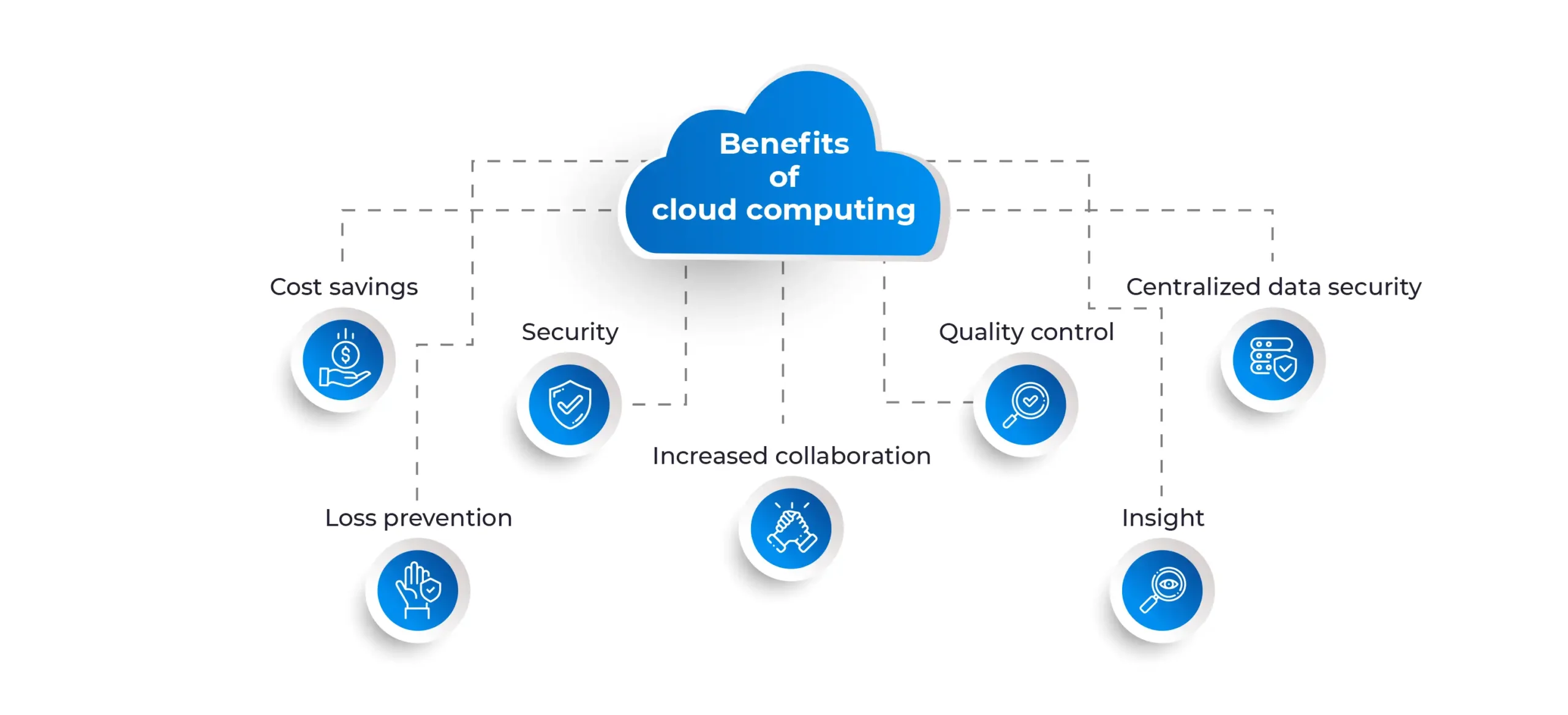Understanding Cloud Hosting: Benefits and Features
In today’s digital landscape, hosting options are more varied than ever, and cloud hosting has emerged as one of the most versatile and scalable solutions available. Whether you’re running a small blog, a growing e-commerce site, or a large corporate platform, cloud hosting offers features that cater to modern demands for reliability, performance, and flexibility.
This article dives deep into what cloud hosting is, its benefits, and the features that make it a popular choice for businesses and individuals alike.
What is Cloud Hosting?
Cloud hosting is a type of web hosting that uses a network of interconnected virtual and physical servers to host websites and applications. Unlike traditional hosting, which relies on a single server, cloud hosting distributes resources across multiple servers, ensuring better performance, scalability, and reliability.
This architecture means that your website or application is not tied to one physical machine but can draw resources from a “cloud” of servers, enabling greater flexibility and uptime.
Benefits of Cloud Hosting
1. Scalability
One of the standout features of cloud hosting is its ability to scale resources dynamically.
- On-demand Scaling: As your website traffic grows, you can increase your server resources (RAM, CPU, bandwidth) without experiencing downtime.
- Cost Efficiency: You only pay for the resources you use, making it an economical option for businesses with fluctuating demands.
2. Reliability and Uptime
Cloud hosting eliminates the risk of a single point of failure.
- If one server in the cloud network goes down, another takes over, ensuring your website remains accessible.
- The redundancy built into cloud hosting architecture minimizes downtime and data loss.

3. Enhanced Performance
Cloud hosting leverages multiple servers to distribute the load efficiently.
- Faster Load Times: Resources can be allocated to handle peak traffic, ensuring quick response times for users.
- Global Access: Many cloud hosting providers include Content Delivery Networks (CDNs) that distribute your content globally for faster access across different regions.
4. Flexibility and Customization
Cloud hosting offers unparalleled flexibility for configuring your server environment.
- You can choose the specific resources you need and adjust them as necessary.
- Compatible with a wide range of platforms and applications, cloud hosting can support custom setups.
5. Improved Security
Cloud hosting providers prioritize robust security measures.
- Data Encryption: Ensures secure communication between servers and users.
- Regular Backups: Automatic backups protect against data loss.
- Firewall and DDoS Protection: Cloud hosting platforms often include advanced security tools to guard against cyber threats.
Features of Cloud Hosting
1. Resource Pooling
Cloud hosting uses resource pooling to allocate resources across multiple servers. This ensures optimal usage and avoids resource bottlenecks.
2. Pay-as-You-Go Pricing
Instead of paying a fixed rate, cloud hosting charges based on actual usage. This is especially beneficial for websites with fluctuating traffic.
3. High Availability
With its distributed nature, cloud hosting ensures that your website is always available, even during server maintenance or unexpected outages.
4. Automatic Updates
Cloud hosting platforms often handle software updates and server maintenance, freeing you from technical burdens.
5. Data Redundancy
Data redundancy ensures that copies of your data are stored across multiple servers, protecting against data loss due to hardware failures.
6. Hybrid Compatibility
Many providers offer hybrid solutions that combine cloud hosting with traditional dedicated servers, offering the best of both worlds.
Is Cloud Hosting Right for You?
Cloud hosting is ideal for:
- E-commerce Websites: With its scalability and reliability, cloud hosting can handle high traffic during peak shopping seasons.
- Startups and Growing Businesses: Pay-as-you-go pricing allows businesses to scale resources as they grow without overcommitting to costly infrastructure.
- Resource-intensive Applications: Whether it’s media-heavy websites or data-driven apps, cloud hosting provides the resources needed for seamless performance.
- Global Websites: CDNs and distributed networks ensure fast and reliable access for users worldwide.
How to Choose the Right Cloud Hosting Provider
When selecting a cloud hosting provider, consider the following factors:
- Performance Metrics: Check uptime guarantees and server response times.
- Scalability Options: Ensure the provider can accommodate your growth needs.
- Security Features: Look for SSL, firewalls, and backup options.
- Customer Support: Opt for providers with 24/7 support via multiple channels.
- Reputation: Read reviews and testimonials to gauge user satisfaction.
Popular Cloud Hosting Providers
Some of the leading cloud hosting providers include:
- Amazon Web Services (AWS)
- Google Cloud Platform (GCP)
- Microsoft Azure
- DigitalOcean
- Linode
Conclusion
Cloud hosting is a powerful solution for modern websites and businesses, offering scalability, reliability, and performance. Whether you’re launching a new project or scaling an existing one, cloud hosting provides the flexibility and resources you need to succeed in a competitive digital environment.
By understanding its benefits and features, you can make an informed decision and select a hosting plan that aligns perfectly with your goals.



